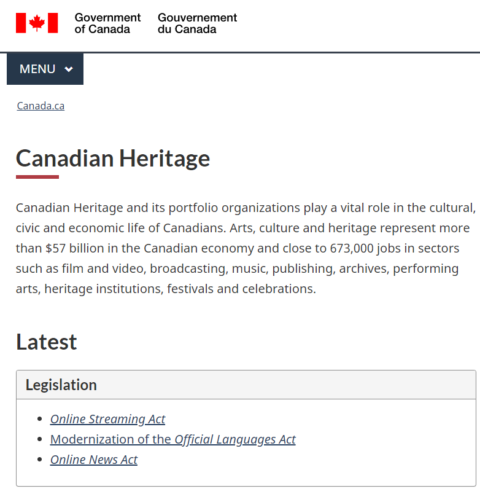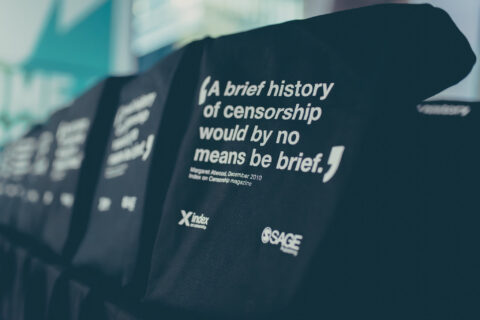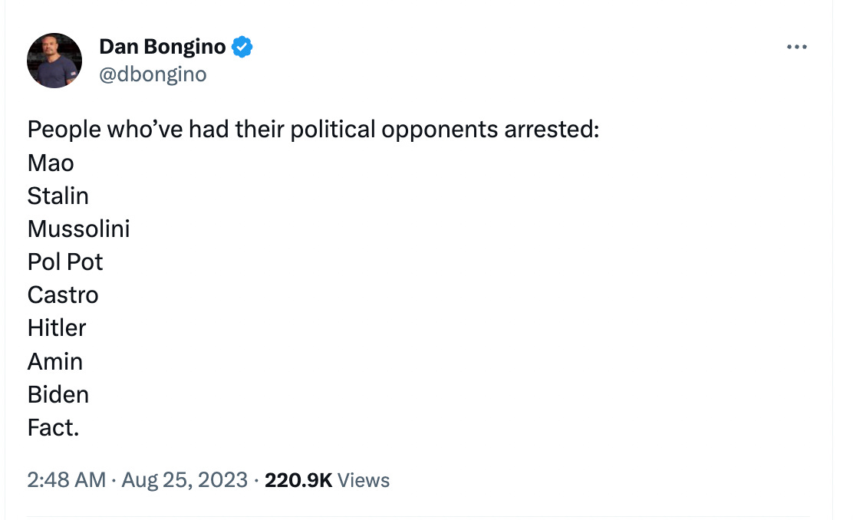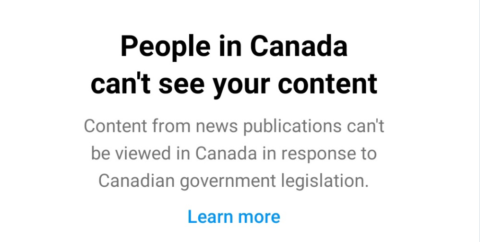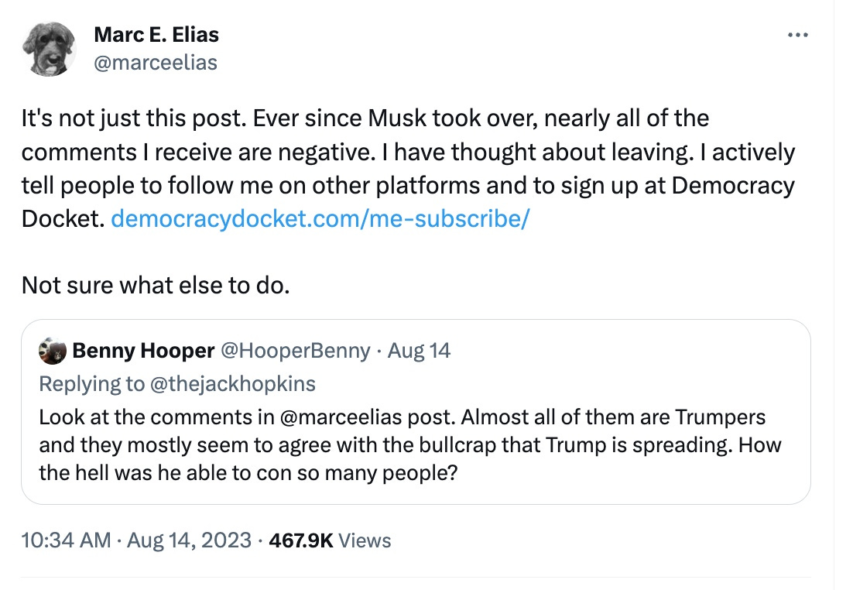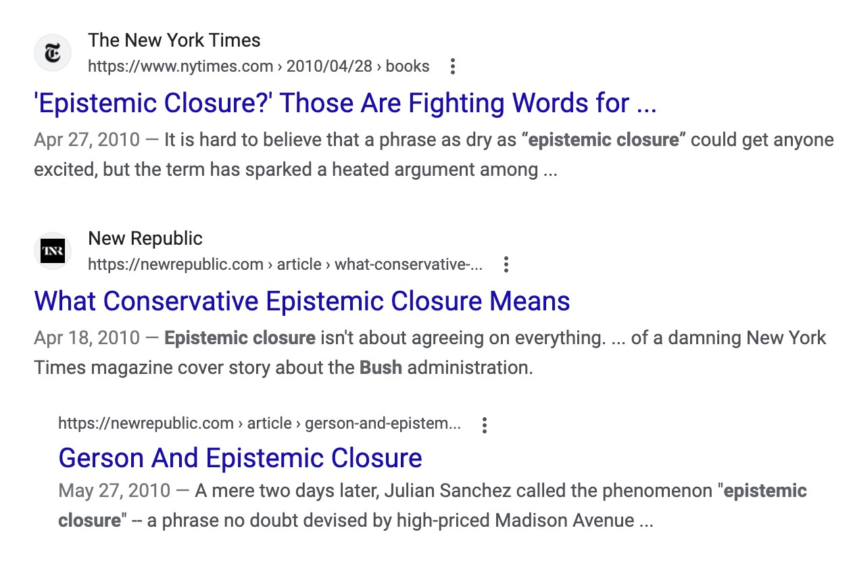It’s almost refreshing to find so many people realizing just how dystopian the Trudeau government’s proposed Online Harms Act could be if implemented in its current form. Ezra Levant on Twit-, er, I mean “X” points out to Jordan Peterson just how the system would be set up to suppress and punish online speech the complainant didn’t like:
For years the Canadian Human Rights Act (CHRA) has banned discrimination against people based on “gender identity or expression”. You of course have never discriminated against anyone.
But this new bill adds s. 13 to the CHRA, which now says that mere speech is considered discrimination if it is “likely to foment detestation or vilification of an individual or group”.
So now, if someone watches one of your YouTube videos or reads on of your tweets about, say, transgender athletes changing in the girls change room, and as a result is “likely” to have hard feelings towards trans people, that’s hate speech.
That’s step 1. Here’s step 2.
Any member of the public (including non-citizens) can lodge a complaint against you to the Canadian Human Rights Tribunal — an activist quasi-judicial tribunal run by non-judges, appointed by Trudeau.
They can get up to $20,000 per complaint from you — and they don’t have to be the “victim”. (There doesn’t have to be a victim at all — remember it’s a future crime. They only have to show that your tweet or video is “likely to” (i.e might) cause one person to have hard feelings about another person. $20,000 that you’d pay the complainant — plus $50,000 in fines to the government.
Per complaint.
So there could be a new complaint for every tweet you make. Every video. And the complainants can be professional busybodies and activists — they don’t have to be a “victim”.
Why wouldn’t woke activists literally file a CHRA complaint after every single thing you do or say on social media? It’s free. There’s no limit. Even if you “win”, you lose — the process is the punishment. And of course, they’re going to win. This will become an industry — to enrich woke grifters and destroy you financially.
But here’s the truly amazing part: the complainants can keep their identity a secret from you. Secret testimony from secret witnesses — who get paid up to $20,000 to take a run at you.
That’s how they’re going to come for you — and for us at @RebelNewsOnline
In the National Post, Jamie Sarkonak considers how the “digital safety” provisions of the Online Harms Act might be implemented:
The law would put “harmful content” in scope of government regulation by way of “arm’s-length” agencies. Targeted content would include media depicting sexual abuse (and understandably so), as well as any content that “expresses detestation or vilification” of any group considered by human rights legislation to be vulnerable and is likely to foment such feelings given the context of the communication (less understandably so). Identity-based protections are inherently more subjective, and they aren’t afforded equally to everyone: human rights law tends not to protect white people, for example.
The bill states that expressing disdain and dislike — or discrediting, humiliating, hurting or offending — is not necessarily hateful for the purposes of online regulation. Critically, it’s silent on what does make speech cross over into unacceptable territory. There’s no hard threshold.
At what point does discussion of the fact that most gender-diverse sex offenders in federal prison are transwomen (male) cross over into “harmful content” territory? Or the fact that Black people make up only three per cent of the population, but represent six per cent of all accused in criminal courts? Or the fact Eritreans in Canada, half of whom arrived after 2016, and who come from a country known for not cooperating with the deportation process, are increasingly rioting in response to politics back home?
Regardless, the promotion of actual hate propaganda, and the incitement of genocide, are already crimes in Canada, so the very worst speech was already covered by the current law and enforceable by the police. If the Liberals wanted better work done on these fronts, they could have simply raised police funding and staffed the courts with judges, as manpower is a primary constraint in dealing justice.
Instead of maintaining the systems that exist, the online harms law would add proactive measures in the form of a new bureaucracy to ensure that everything from genocide advocacy to the insulting recitation of upsetting facts don’t get out of hand. These will work in tandem with reactive measures: the crime of “hate crime” will be enforceable at criminal law, and the Canadian Human Rights Commission will be empowered to adjudicate cases of rights-violating content online.


